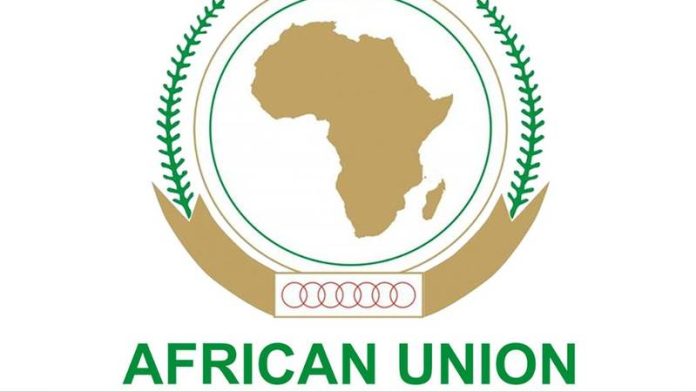Africa is soon to have its own credit rating agency, African Credit Rating Agency (AfCRA).
The move became necessary following the growing discontent over the credibility of the ratings assigned African governments and institutions by the three global rating agencies including Fitch, Moody’s, and S&P.
In February this year, African Heads of State and Government as well as policymakers and financial experts met to fashion out the modalities for the establishment of the AfCRA. The event which was held on the sidelines of the 37th AU Ordinary Summit underscores Africa’s commitment to enhancing the continent’s financial sovereignty and addressing long-standing challenges associated with the three international credit rating agencies.
The decision to establish an Africa Credit Rating Agency was to provide fair, transparent and development-focused credit ratings that reflect the realities and potential of African economies.
AfCRA is coming to address concerns over perceived biases, inaccuracies, and high costs associated with international credit rating agencies when assessing African countries.
According to the promoters of the new credit rating agency, it will provide an opportunity for the continent to have a credit rating system that reflects Africa’s unique socio-economic realities and fosters a fairer representation of its creditworthiness.
Lead expert on credit rating agencies at the African Peer Review Mechanism (APRM), a structure under the African Union, Misheck Mutize, said AfCRA is currently in the final stages of selecting a Chief Executive Officer, with a shortlist already in place and an appointment expected in the third quarter of this year.
He said the establishment of AfCRA is a response to long-standing frustrations from African policymakers over how global agencies assess the continent’s credit risks.
Countries like Ghana and Zambia have publicly condemned multiple downgrades that, they argue, contributed to rising borrowing costs and eventual defaults.
In a recent example, the APRM challenged Fitch Ratings over its downgrade of the African Export-Import Bank (Afreximbank), accusing the firm of a flawed analysis and a poor understanding of African financial institutions.
To guard against political interference and maintain credibility, AfCRA will not be owned by African governments, Mutize emphasized.
According to him, “This was designed to maintain independence and avoid conflict of interest. Shareholding will mainly be African private-sector driven entities.”
AfCRA plans to focus primarily on local-currency debt ratings, which Mutize believes will play a critical role in strengthening Africa’s domestic capital markets and reducing overreliance on foreign currency-denominated debt.
On the claim in some quarters that AfCRA was coming to give favorable ratings for African countries, Mutize said that is far from the truth, adding that AfCRA will issue downgrades where necessary.
Unlike traditional credit rating agencies, AfCRA focuses exclusively on African economies, incorporating region-specific data and socio-economic indicators. It will operate with a mandate to strengthen African financial markets while promoting transparency, fairness and inclusivity. AfCRA will also emphasize development-driven credit assessment frameworks tailored to the continent’s diverse contexts.


